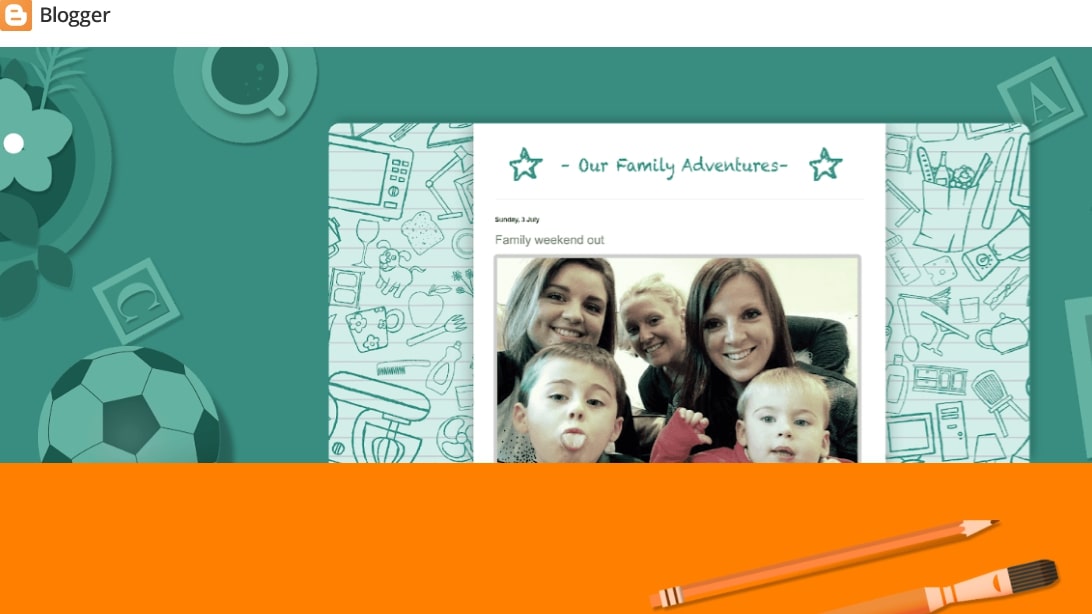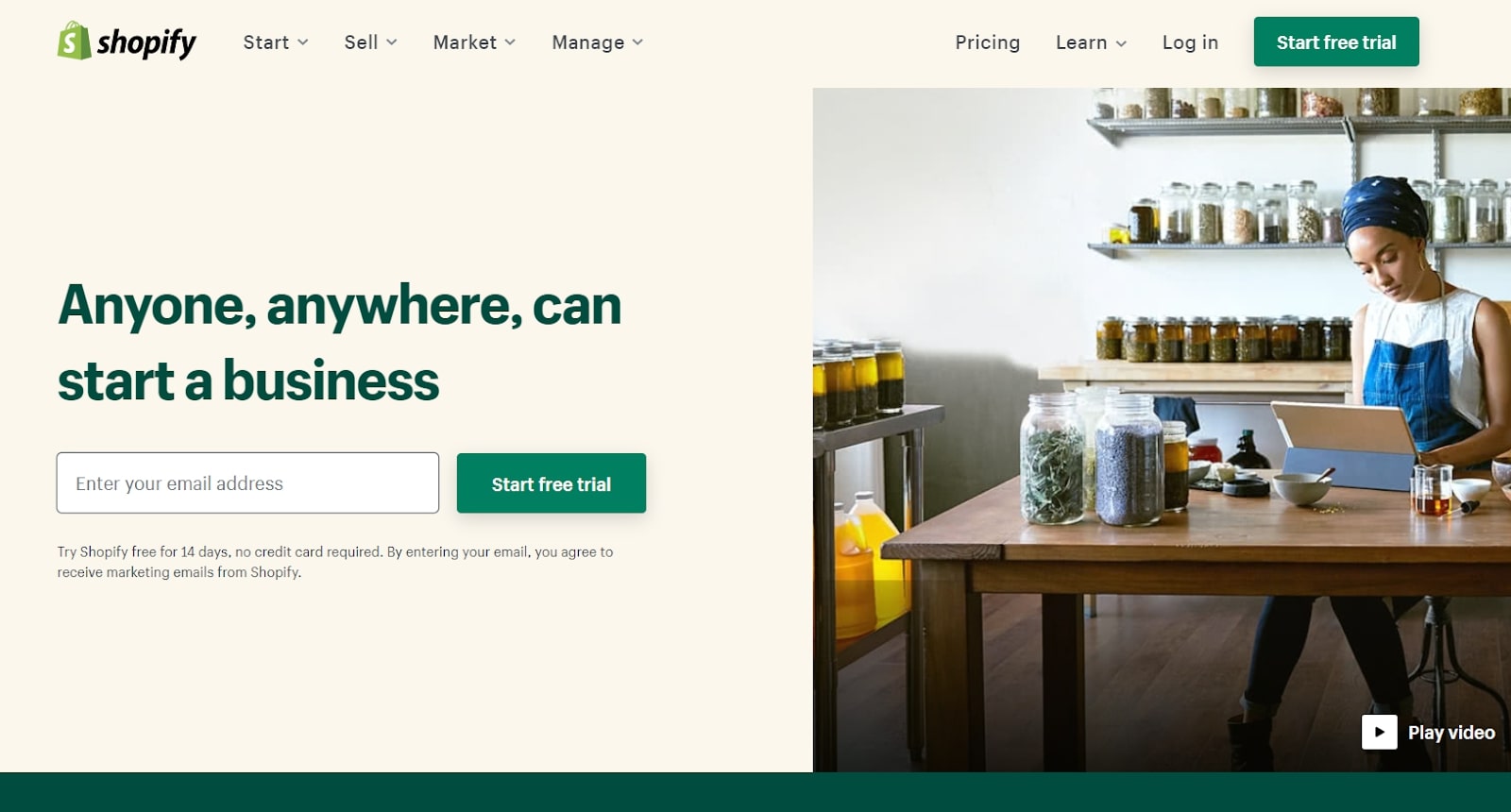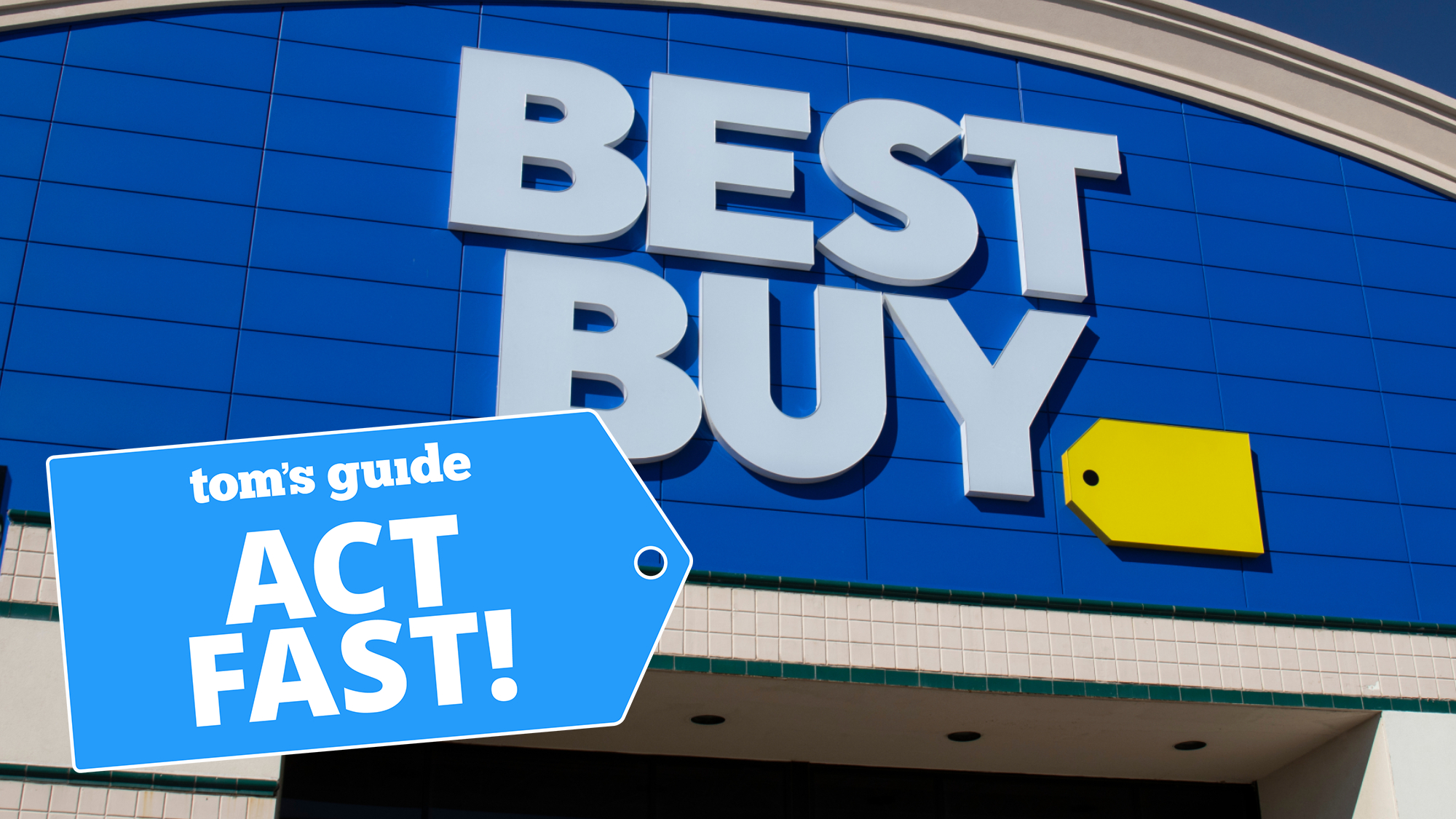Building a website: What type is right for you?
Choosing the right type when building a website could save you time and money

When considering building a website, you might ask: what sort of site do I need? To build a website, you really need to know the answer to this question before you start working on designs, or building the site with one of the best website builders. In the long run, this will save you much time, effort, and potential headaches in future.
Websites perform multiple functions and offer multiple services, and as such can require different technology or infrastructure. Also remember that choosing from the best web hosting services is another task you'll need to undertake in certain situations.
Key factors to consider when you build a website from scratch include the following: the audience it will be aimed at; how many daily and weekly visitors it's likely to get; whether it's likely to be viewed on standard or non-standard devices; and whether external system integrations, like address look-ups or drop shipping, will be required.
In this feature, we've outlined the most common types of website, in order to help you establish what type of site you might need.
1. Main business website

Nearly every business has a website, or should have if it doesn’t already. Some major companies may have more than one website, but in those cases, there will be one main site: the one that comes up first in search results when you enter the name of the company into a search engine.
Sometimes also known as a brochure site, a business’ main site should present all the information you’d need to know about its products and services. It should also offer quick and easy methods for making inquiries about sales, support, or marketing.
Larger companies that have different divisions, or offer a wide variety of products and services for multiple markets, may have different sites for each of those areas on what’s known as subdomains. For example, if the main site is at www.domain.com, a subdomain would be something like subdomain.domain.com.
Get instant access to breaking news, the hottest reviews, great deals and helpful tips.
In those sorts of situations, the main site would only have a few pages at what is known as the top level, with most of the links going to the individual subdomain websites. Doing it this way means the structure of the main site is less complex, and it is easier to find the information you’re looking for.
2. Create a blog

Blogs first appeared in 1997, just a few years after the internet as we now know it was created. Originally, the term was weblog because blogs were, and still can be, a web log or online journal of the blog author.
Although there are still many blogs that are written by individuals, these days blogs have expanded in their size, scope, and range of topics. Many companies have a blog on their main website, which is often like a news section. And many blogs are focussed on a particular topic, and can have multiple writers contributing articles.
Blogs that are focused on a particular topic - for example, technology or fitness - become attractive to advertisers, as they can target specific audiences that are interested in their products or services. Advertising income means a blog can become a business in itself, hiring writers and spending money to maintain and improve the site.
Another type of blog that has emerged in recent years is the vlog, or video blog, which works in a similar way to a traditional blog - except that the medium of communication is video instead of writing. Because blogging is so popular, with many people seeing it as a way to earn a primary or supplementary income, there are a huge number of tools you can use to create a blog.
There are many free platforms, such as Blogger or Tumblr. Or you can build your own blog using free website builders like Wix or Weebly, or the most popular blogging tool, WordPress.
All of the services listed above and the best free blogging sites are worth considering, with the sites mentioned able to take care of web hosting for you so you don’t have to pay for it yourself. However, WordPress can also be self-hosted if you’d like more control over the hosting environment, via the best WordPress hosting.
3. Product and services affiliation

Advertising is one method that a website can use to bring in income. Another is through what’s known as affiliate marketing. You take a product or service you like, create content on your website that promotes it, and then every time the seller of that product or service makes a sale, you earn a commission.
How this happens is that the seller provides you with an affiliate link. Every time a visitor to your site clicks on a link to the seller’s website using the affiliate link, your site ID gets recorded on the seller’s website. If the visitor continues to complete a successful transaction, a percentage of the sale is recorded against your affiliate ID.
This may sound like a route to easy money, but unfortunately, it’s not. Once you get everything set up and your site has a steady stream of visitors, it can be. But getting to that point doesn’t happen overnight. You first need to build up a certain amount of content to attract visitors. Then you need a way of letting people know you have the content they might be interested in.
This could be through word of mouth or an active social media campaign, or you might have to pay for advertising. And once you’ve got people to visit your site, you’ve got to earn their trust so they keep coming back, which means providing quality content.
All of this can take a long time to achieve. The rewards can be great, but many people believe that direct selling is a more reliable way to earn income from a website.
4. Ecommerce website

A site for selling products and services is known as an ecommerce site. Many ecommerce websites would have been started by businesses that originally sold from a physical location, and then branched out online to reach more customers. Nowadays, there are many businesses that only exist online.
There are many different avenues to selling online. You can create listings on well-known auction and shopping sites like eBay or Craigslist. Or you can choose to create your own site with an ecommerce website builder, like Shopify, BigCommerce, or any of the best ecommerce website builders.
If you’re looking for more control over your website, including the web hosting and technology used, you can build a website with an existing shopping cart framework like Magento or OpenCart. Alternatively, you can build something completely customized from the ground up, which would require specialized knowledge and would be more expensive.
Whichever method you choose, you need to ensure that your catalog can be searched easily, so people can quickly find what they’re looking for. And once the customer has found what they want, ordering and completing the transaction should all happen smoothly. This will leave the customer with a positive impression, and make them want to come back to buy again in the future.
If you choose an existing ecommerce platform, most of these considerations will have been taken care of already. But you might not have as much control over how the site looks or functions. Building a site yourself may give you that control, but will be more expensive.
5. Support systems website

We mentioned subdomains earlier when discussing the main business site. Subdomains, or even completely different domains, can be a good idea for a variety of different reasons. Here are a few of those.
Brand identity
Some companies own many different brands, and the brands are often more well-known than the parent company.
For example, Ben & Jerry’s is owned by a company called Unilever. Unilever has its own website, as does Ben & Jerry’s. It wouldn’t make sense to house the Ben & Jerry’s brand under the Unilever website, because people wouldn’t necessarily associate Unilever with the ice cream maker.
Unilever also owns so many different subsidiaries that to try and fit them all into a single website would make the website hard to use for visitors, and even harder to maintain for the business owners.
Pure support
Many businesses, particularly those with a large number of customers, or those that exist solely online, will have separate websites just for their support services.
Customers usually need to log in to their account to access support, and then they’ll have a variety of different methods at their disposal. Help desk tickets and 24/7 online chat are two popular methods, but support websites will often also have large libraries of help documents or FAQs.
Lead generation
If you have a new product or service that you need to promote, creating a stand-alone lead generation website can ensure it has the maximum impact.
Often just a single page, lead generation websites may look radically different from the main website of the business. Their primary aim is to lead the visitor to some specific interaction, whether it be filling in a contact form, or adding their email address to a mailing list.
Other website types
We’ve only really scratched the surface of all the different types of websites that exist. But many are variations on the ones we’ve covered, or could have features from several different types.
Social media websites could be viewed as being larger, more complex versions of blogs. Gallery websites for artists and photographers, such as those outlined in our guide to the best website builders for photographers, are similar to ecommerce websites, but may not necessarily sell anything online. The best website builders for musicians meanwhile can be hybrids of ecommerce and gallery sites, and much more.
Then there are other different types like online learning portals, sports websites with results and team information, news websites, and sites for presenting data about the weather or stocks and shares.
One thing that all good sites will have in common, though, is that they must have interesting content, and the content must be presented in a way that is easy for site visitors to access. That means having clear and logical navigation, along with pages that load quickly.
Further reading on website builders
If you're a small business, our guide to the best small business website builders outlines our recommended services for that area of website building. For larger businesses, our tips for building an enterprise website may come in handy.
Mark is an expert on displays, reviewing monitors and TVs. He also covers storage including SSDs, NAS drives and portable hard drives. He started writing in 1986 and had contributed to MicroMart, PC Format, 3D World among others.

